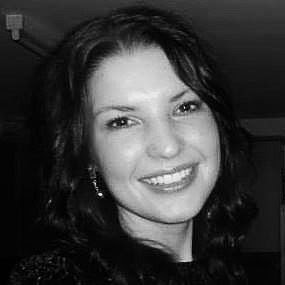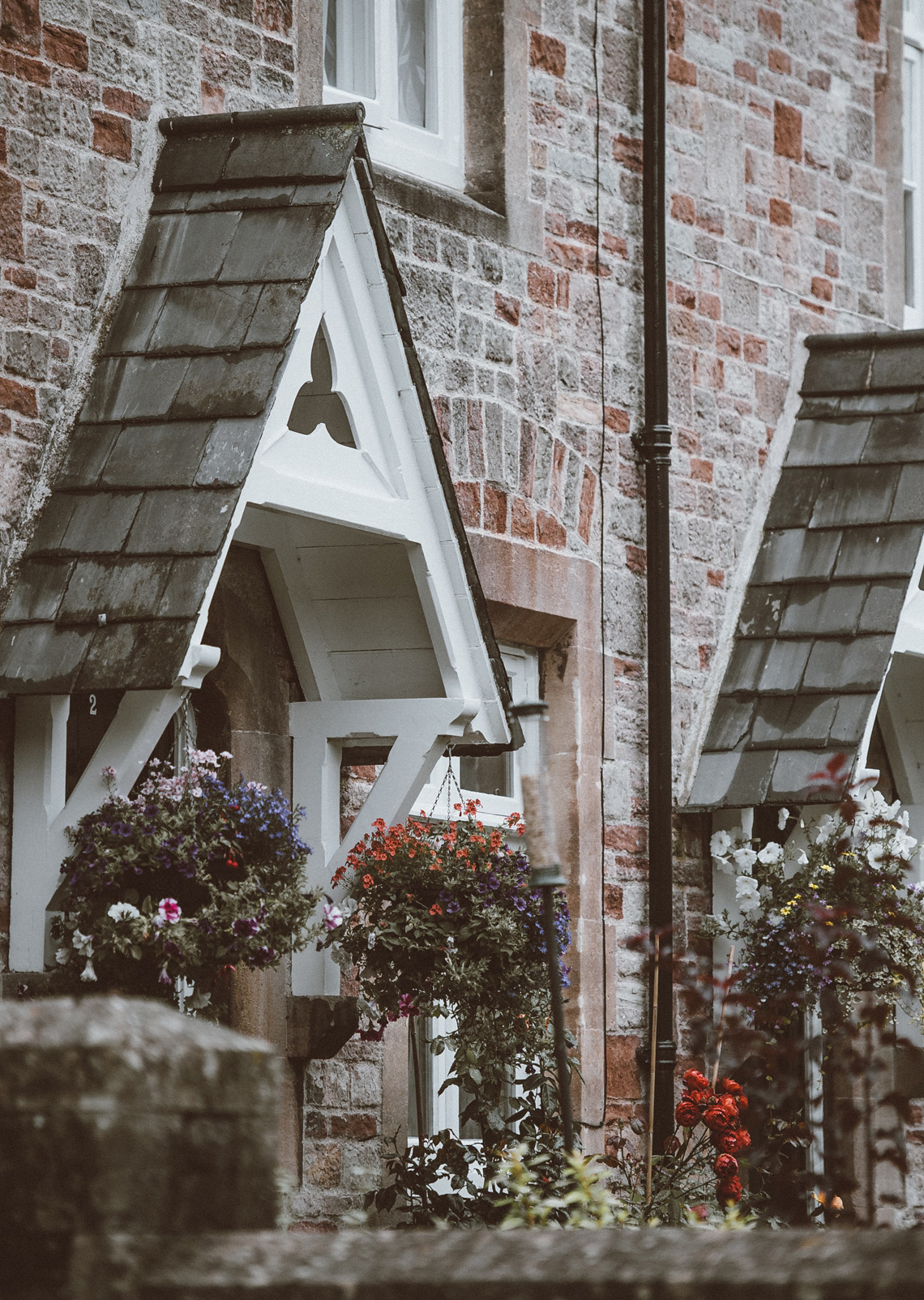
Social Research – is Social!
Social research is about people. This means that for our socio-economic research work here with Active Building Centre Research Programme, developing and maintaining relationships with all the various stakeholders involved in our research is incredibly important to us. Indeed, carrying out Qualitative Longitudinal Research (QLL) necessitates good relationships are developed that can last over time. Not only are our stakeholders vital to enhancing our understanding of active buildings and how they are lived in, talking with and listening to different people’s perspectives is also one of the best parts of a social scientist’s job!
Some of our main stakeholders are the Housing Developers of our field sites, Pobl Group, Pobl Living, Sero Energy and Sero Living. Each has given us great access to their developments, answered our questions, and facilitated further relationships with prospective home occupiers – fundamental to our research. In January and February, we were granted site visits which were incredibly rewarding; however, all that changed in March.
Covid 19 and Re-thinking our Research Designs
At present we are all living and working in a Covid19 world, where how we meet people and create new relationships, as well as maintaining our existing relationships, has had to change.
Fortunately our initial meetings, and the relationships that formed as a result, paved the way for continued communication during lock down. Now, relying on email, phone and online tools, we are still in regular communication with our stakeholders. Sharing concerns, exasperations and jovialities while touching base and keeping the project moving, we are able to sustain our pre-existing relationships.
However, as social researchers, face to face interaction, such as interviews or deliberative groups have become fundamental tools within our research tool-kit. Social restrictions in place due to Covid 19 have meant a re-think of how we can collect data as in-depth, personal and meaningful as before, without meeting people in person.
For the Living Well in Low Carbon Homes Team, this has meant placing great emphasis on ensuring that stakeholders and research participants have easy and frequent communication with us. This helps with breaking down some of the distance created by remote communications. It involves having clear and professional online presence that is easy to find; making available multiple routes for contacting us; and providing clear instructions for downloading communication software/ or using phone apps.
In addition, our QLL methodology involves considering the effects that people’s pasts, presents and imagined futures have on their daily lives and energy practices. Gaining insight from prior work on the Energy Biographies and FLEXIS projects to understand how people may live within an Active home, social sciences research helps us to elucidate the dynamic interplay of biographical with other (e.g. social and cultural) considerations, in order to explain how existing daily routines and energy practices come about and change over time. Such research, in particular, highlights the many, varied, and deeper things that people care about in their daily lives – such as friends, community networks, family, pets, and hobbies, all of which can impact how they will adapt to life in their new Active home.
To do this, we planned to interview people within their existing ‘traditional home’, then twice more after they had moved into their Active home. We aimed to capture this in face to face interviews, where within a private space after building a rapport and trust, our participants can talk openly about private and personal aspects of their and their families lives.
Unfortunately, online interviews do not allow the same kinds of relationships to develop as quickly as face to face. Indeed, jumping straight to this from just an initial introductory telephone conversation would not facilitate such open discussions.
So, instead our research design now starts with ‘cultural probes’, which are a series of 4 fun and interesting activities, that can be completed and returned online. This we hope will provide some really interesting insights into people’s lives that they perhaps wouldn’t have been comfortable discussing with us online straight away. In addition, they will act as conversational prompts during the first interview, should the participants start to feel self-conscious or uncomfortable or simply cannot find words to express themselves.

This we hope will mean that as lock down ends, we will be in a strong position to commence our research without delay.


